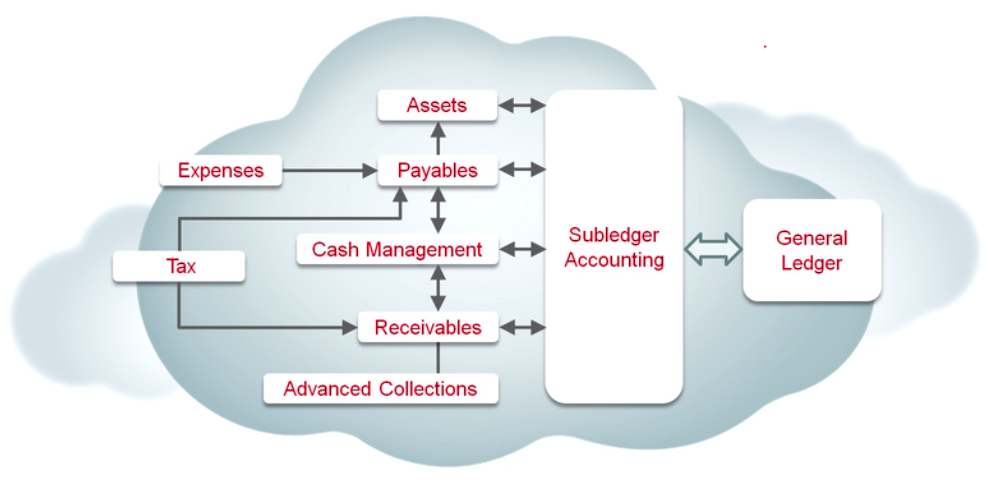Recent Post
Working with CAAS has been absolute pleasure. The team at CAAS Led by Shrikant Came across as proactive and professional.
They really understood our needs as a client. Program Manager is extremely responsive and ensures that he always follows
up on issues…The services provided by CAAS have been timely and the quality has been high
Softtech360
Our CAAS is highly professional and an excellent resource. Our company sees many source representatives from many prime contractors.
CAAS’s rep is BY FAR the highest quality consultant we have ever known. You are VERY fortunate to have them in your staff
OliveTouch
I always have the best experience with Cloud Annotation. Thank you for getting back to us in a timely manner and helping us with the
littlest or biggest of problems when it comes to our ERP Application.
Thank you for making sure our technical needs are always taken care of
Kayeed Code Sophy
I would like to give special recognition (or shout out) to CAAS team for all the planning, guidance, and hard work during the Data migration of our on Premise to cloud System. I was very nervous about moving to the cloud, not to mention all the headaches it would create for our corporate office and eight remote offices during the migration.
But to my surprise, migrating 40 plus conversion /integration and migration was completed within given timeline with minimal issues that were quickly resolved and my employees could resume their normal business day.
Thank you Dr Nitin & Shrikant and all the CAAS team members who helped us move efficiently to ON Premise and cloud Application
Chetan Patil
CEO, NOBLETREE
Oracle Cloud Applications
Organizations are increasingly finding that the transition from on-premise applications to a hybrid of on-premise and Software-as-a-Service (SaaS) applications complicates enterprise application integration. Additionally, the proliferation of Oracle’s tools since the advent of Cloud is challenging customers and technical consultants to prepare for integration tasks. At present, Oracle offers a multitude of integration tools, with each designated for distinct purposes.
Out-of-the-Box Integration Tools
Oracle Cloud Applications come pre-packaged with a few generic integration tools to allow the customer to develop their own integrations. “Non-technical, line of business users can utilize a number of these tools as manual integration tools.”
File Based Data Import (FBDI): Oracle offers a range of structured spreadsheets to fill in and save as .csv. “These tools follow a standard process to upload the file to the server, run further processes, transfer the data to the interface tables, and import it into the various applications.” These tools are usually more functional in nature and include, for example, import and calculation of daily rates and AutoInvoice import.
ADF Desktop Integration (ADFdi): These are part of the ADF framework that enables desktop integration with MS Excel spreadsheets to manage large volume data uploads into Cloud Applications. These are targeted more at technical developers. Also pre-packaged are tools that provide greater flexibility for technical developers to create custom integrations or for use with integrating third-party applications.
BI Reporting/Analytics data: Enables data extraction and movement from the Cloud. There are four primary reporting tools that address different balance and transaction level reporting requirements:
Financial Reporting Center Smart View (an MS Excel plug-in) Oracle Transactional Business Intelligence for Financials (OTBI) BI Publisher
Web Services: This enables the use of SOAP/REST/XML protocols. The catalogue of web services allows publishing, discovery of, subscribing to, managing, running and securing APIs. Additionally, web service APIs enable developers to create unique custom integrations that are customer-focused. However, these can be labor-intensive in terms of the initial development effort required. These tools for data extraction and web services enable technical consultants to provide tailor-made integration solutions specific to business needs.
Data Centric Oracle Integration Tools: Whilst the above methods are suited to regular movements of modest data volumes, Oracle also offers licensed integration tools for managing the movement of high volume data on the Cloud. These are more evolved tools that enable simpler and configurable integrations. “However, these tools come at a cost since they are licensed.”
Simpler User-Friendly Integration Tools: Whilst the data-centric tools require technical expertise to integrate the solution, Oracle has also introduced a simpler technical tool for integrations with generic requirements. These enable line of business leads who have good application knowledge but fewer complex integration needs.


